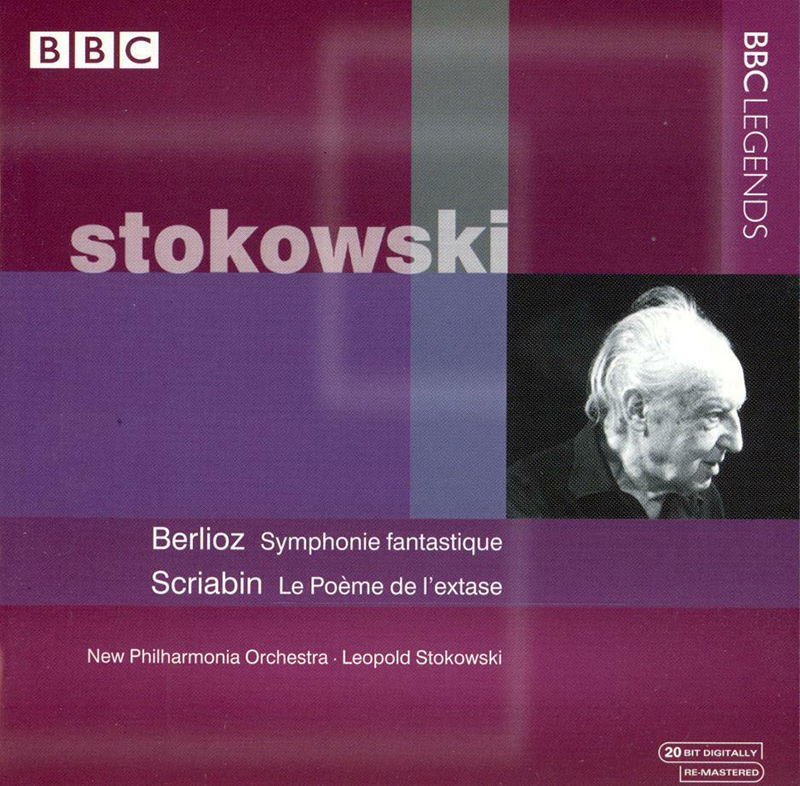Logowanie
OSTATNI taki wybór na świecie
Nancy Wilson, Peggy Lee, Bobby Darin, Julie London, Dinah Washington, Ella Fitzgerald, Lou Rawls
Diamond Voices of the Fifties - vol. 2
Tylko 1000 egzemplarzy!!!
DVORAK, BEETHOVEN, Boris Koutzen, Royal Classic Symphonica
Symfonie nr. 9 / Wellingtons Sieg Op.91
nowa seria: Nature and Music - nagranie w pełni analogowe
Petra Rosa, Eddie C.
Celebrating the art and spirit of music - vol. 3 - Pure
warm sophisticated voice...
Peggy Lee, Doris Day, Julie London, Dinah Shore, Dakota Station
Diamond Voices of the fifthies
Tylko 1000 egzemplarzy!!!
SAMPLER - STS DIGITAL, Buddy Tate, Milt Buckner, Walace Bishop
Jazz Masters - Legendary Jazz Recordings - v. 1
proszę pokazać mi drugą taką płytę na świecie!
Chesky! Niezmiennie perfekcyjny
Winylowy niezbędnik
ClearAudio
Double Matrix Professional - Sonic
najbardziej inteligentna i skuteczna pralka do płyt winylowych wszelkiego typu - całkowicie automatyczna
SCRIABIN, BERLIOZ, Leopold Stokowski, The New Philharmonia Orchestra
Le Poeme de l'extase / Symphonie Fantastique
- Leopold Stokowski
- Scriabin: Le Poeme de l'extase
- Berlioz: Symphonie Fantastique
- New Philharmonia Orchestra
- Royal Festival Hall, London, 18 June 1968
- Leopold Stokowski in Conversation with Deryck Cooke
- Leopold Stokowski - conductor
- The New Philharmonia Orchestra - orchestra
- SCRIABIN
- BERLIOZ
One would think that Symphonie fantastique, with its innovative scoring and dramatic effects, would have been a favorite of Leopold Stokowski but such was not the case. He conducted it in 1914 with the Philadelphia Orchestra and then dropped it from his concerts. When requested to conduct it at the 1964 Proms he said....."I think it is a landmark of originality in the history of music, but I think that Monteux or Paray conduct it better than I do." Four years later he changed his mind and conducted it at the 1968 Proms, recording it for Decca/London during the same month. Whatever the circumstances, we are fortunate that Stokowski finally returned to this music. His performance is one of the most original ever recorded and to many will be irritating. Dynamics are exaggerated, tempo changes sometimes startle and every opportunity is taken to emphasize sonority. The optional cornet in the second movement is omitted (surprisingly), the fourth movement repeat is not observed, and Stokowski adds extra percussion to the conclusion of the final two movements, to rousing effect. The score calls for tuned bells (C and G) to be used in the last movement. As tuned heavy bells are rather difficult to come by, some orchestras use chimes instead. Berlioz indicated that if tuned bells were not available, a piano could be used. Stokowski uses "the works." He uses bells along with a tam-tam and piano. There are a few moments of less-than-precise ensemble, but the live performance of the Fantastique is preferable to the studio recording made with the same orchestra the same month (London 448 955). Symphonie fantastique is coupled with Scriabin's Poem of Ecstasy, recorded at the same concert. This voluptuous score was one of Stokowski's specialties. He first performed it in 1917 in Philadelphia and recorded it with the Philadelphia Orchestra for Victor in 1932, available in a fine transfer by Ward Marston (Pearl GDS 9066). In 1959 Stokowski recorded it with the Houston Symphony (Everest EVC 9037), and a live 1972 performance with the Czech Philharmonic was released on London (443 898). Another live performance, with the Royal Philharmonic Orchestra from a 1969 BBC Proms concert, a year after the performance heard on this new BBC Legends disc, has been issued on Music & Arts (CD 847). All of these performances are superlative although I'm surprised that Stokowski does not pause longer in any of his performances before the cataclysmic final pages. Sonic quality on this new issue is excellent, with fine balances (as contrasted to the spot-lit London Phase Four recording of the Fantastique), and there is natural perspective. It is unfortunate that the performance wasn't recorded in Royal Albert Hall instead of Royal Festival Hall; the sound would have been richer. There are many commendable recordings of PoËme; in addition to those by Stokowski listed above, Neemi J”rvi's with the Chicago Symphony on Chandos has the plus of Adolph Herseth's brilliant trumpet, (Chandos 8849), and I would not want to be without Yevgeny Svetlanov's live 1990 USSR Symphony Orchestra version, even though the sound is sometimes distorted (Russian Disc CD 11 056). And it is unfortunate that Deutsche Grammophon has deleted the superb Claudio Abbado/Boston Symphony recording which took full advantage of the organ in Symphony Hall. This new Stokowski issue gives true meaning to the name "BBC Legends." It is always a pleasure to hear live concert performances by this remarkable conductor. There is room on the CD for a 9 minute interview with Stokowski and Deryck Cooke recorded in 1965. R.E.B. (Dec. 2000)





























